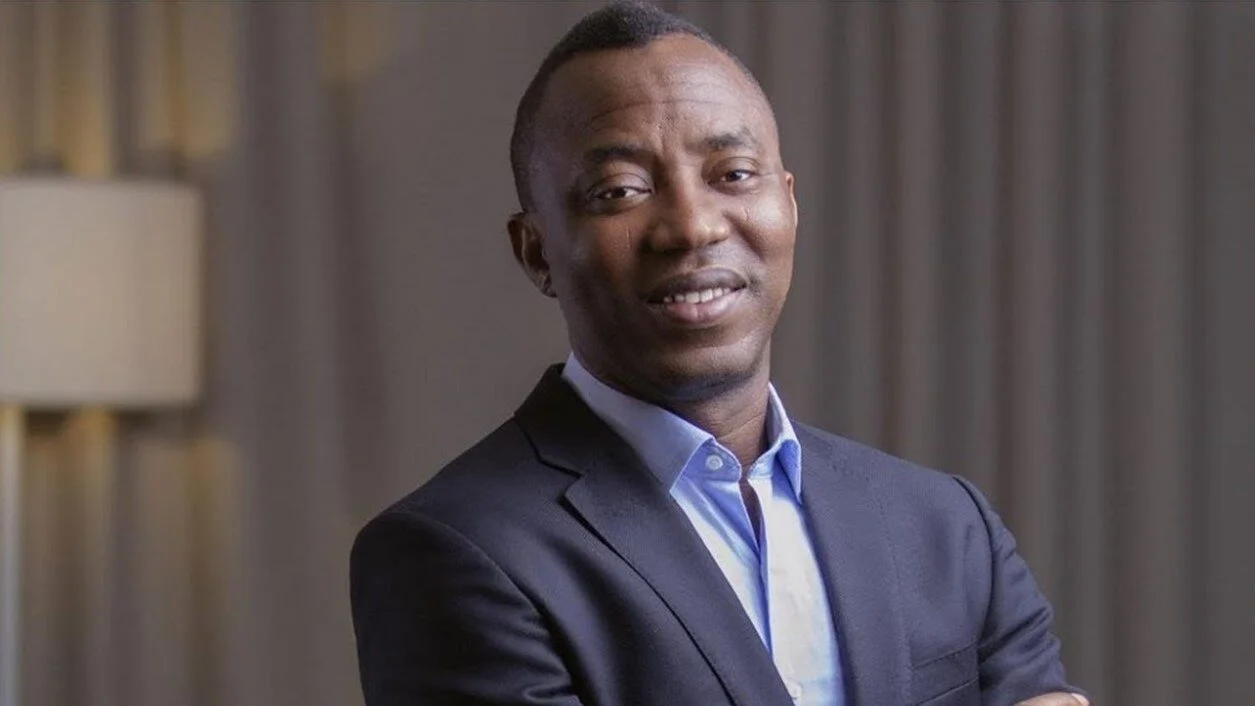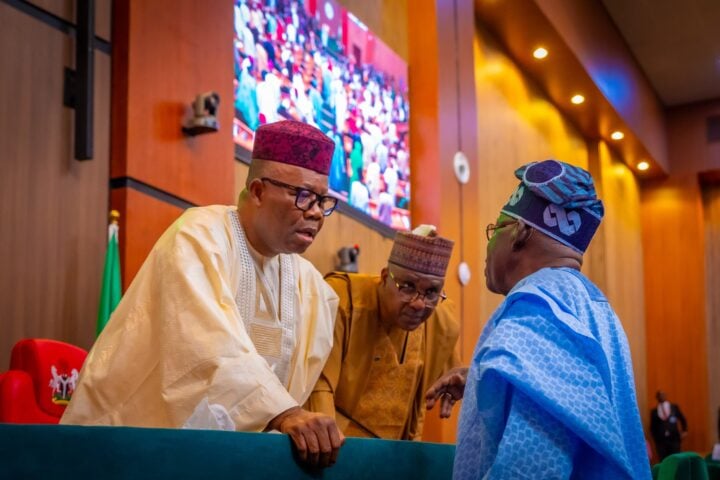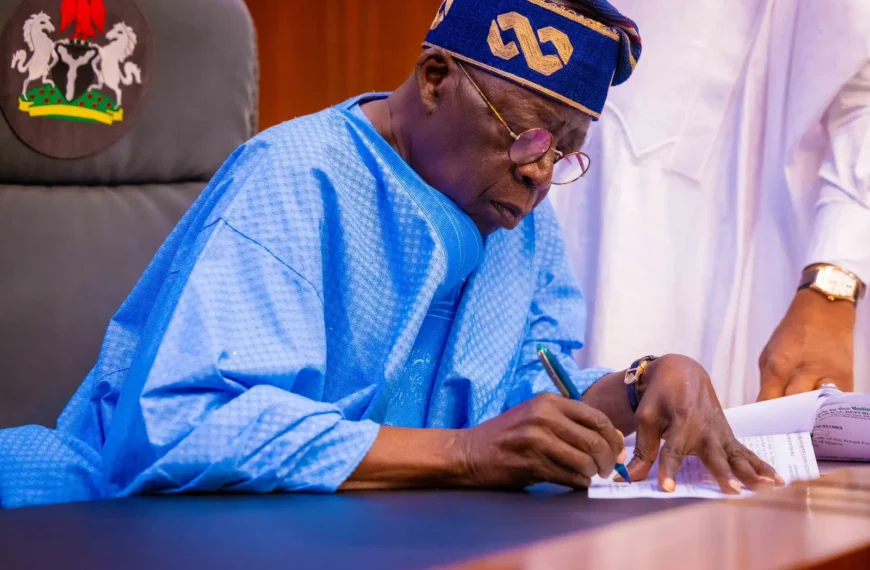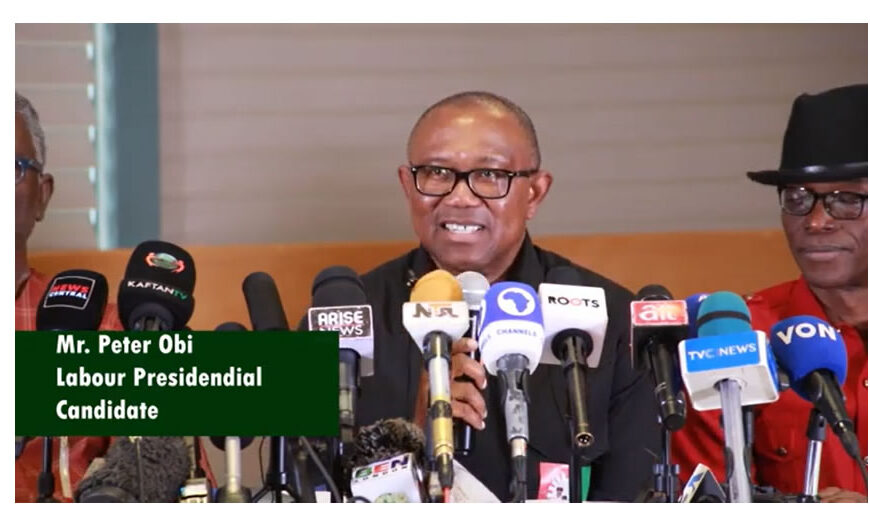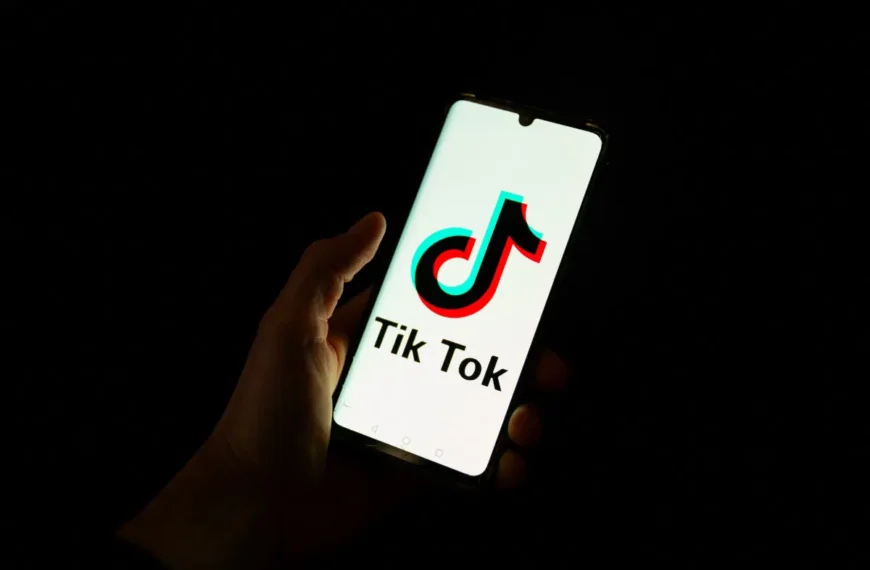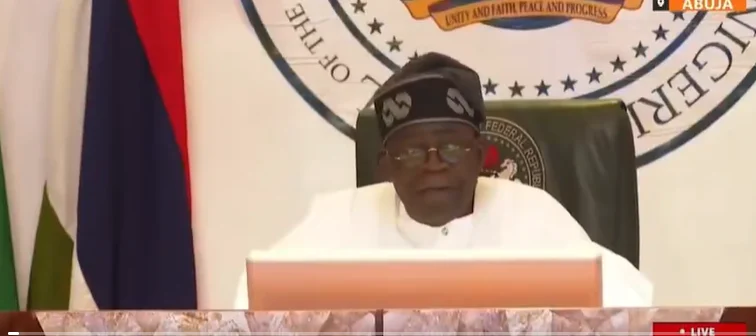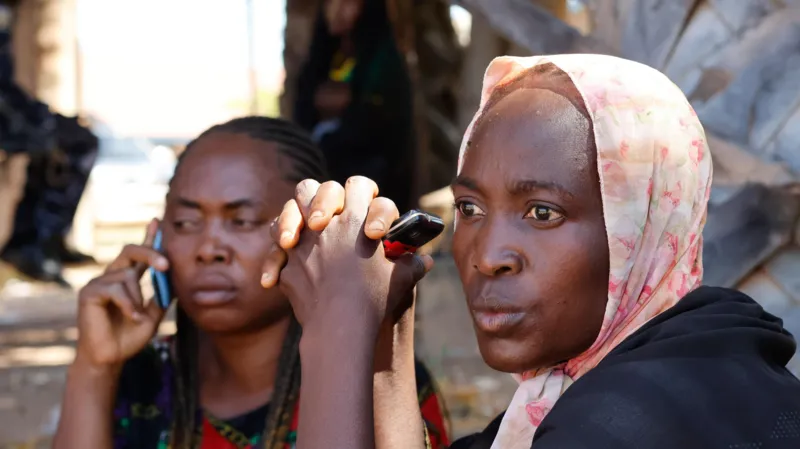Abuja, Nigeria — September 8, 2025
The Department of State Services (DSS) has issued a one-week ultimatum to political activist and publisher of Sahara Reporters, Omoyele Sowore, demanding he retracts or substantiates a recent online post allegedly targeting President Bola Ahmed Tinubu.
According to sources within the security agency, Sowore’s post, which circulated widely across social media platforms, contains allegations deemed by the DSS as “potentially seditious and capable of inciting public unrest.” The DSS has described the publication as not only unverified but also a threat to national security and public confidence in the presidency.
A senior DSS official, who spoke on condition of anonymity, confirmed that Sowore was formally notified through a letter delivered to his legal counsel. The letter, dated September 6, accuses him of spreading false information and gives him seven days to either present concrete evidence to support his claims or issue a public retraction.
DSS Statement Excerpt:
“Mr. Omoyele Sowore is hereby given one week from the date of this communication to either provide substantiated evidence regarding the claims made in his post concerning President Bola Ahmed Tinubu or retract the publication in full, failing which legal consequences may follow.”
Sowore, known for his outspoken stance against successive Nigerian administrations and his consistent use of social media to voice dissent, has responded defiantly to the ultimatum. In a post shared shortly after the DSS letter became public, he wrote:
“I’m not retracting anything. The truth doesn’t need government approval. I’ll continue to speak out against tyranny, corruption, and abuse of power.”
This latest confrontation marks another chapter in the longstanding tensions between Sowore and Nigeria’s security establishment. He was previously arrested in 2019 on charges including treason for calling for nationwide protests under the #RevolutionNow movement.
Legal Reactions and Civil Society Concerns
Legal experts and civil society groups have expressed concern over what they see as a pattern of intimidation against activists and journalists. The Socio-Economic Rights and Accountability Project (SERAP) condemned the DSS directive, calling it “an attempt to silence critical voices under the guise of national security.”
Human rights lawyer Femi Falana (SAN), who has represented Sowore in the past, stated that freedom of expression remains a constitutional right and warned the DSS against bypassing due process.
“If the government believes a crime has been committed, it should file a charge in court, not issue threats via press statements or letters.”
What’s Next?
As the one-week deadline approaches, all eyes are on how the federal government and Sowore will navigate this standoff. Analysts warn that failure to resolve the issue through legal and transparent means could further strain public trust in government institutions and reignite debates around press freedom in Nigeria.

